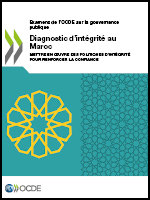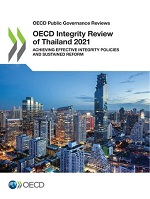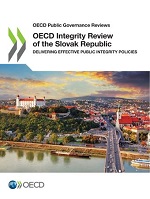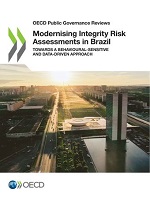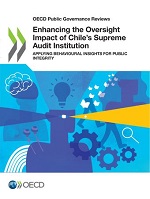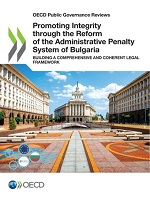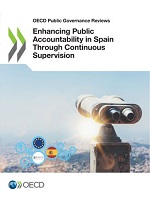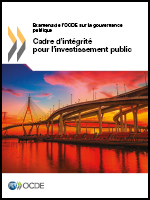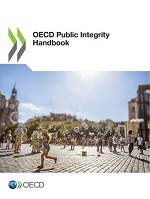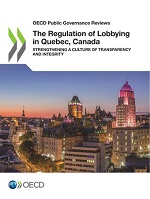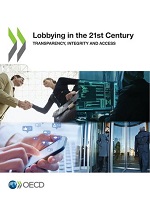Anti-corruption et intégrité dans le secteur public
Les démarches traditionnelles, axées sur la création de règles supplémentaires, sur des mesures de conformité plus strictes et sur des sanctions plus sévères, ont été d’une efficacité limitée. En revanche, l’intégrité publique peut constituer une réponse stratégique et viable face à la corruption. L’intégrité constitue l’un des principaux piliers des structures politiques, économiques et sociales, et elle est donc essentielle au bien-être économique et social et à la prospérité des individus et des sociétés dans leur ensemble.

Fighting disinformation together: Toward a new governance model
The OECD Expert Group Meeting on Mis- and Disinformation, in partnership with the Forum on Information and Democracy, discussed how governments can work with civil society and business to address the global threat of disinformation. Register to watch the recording.
©Shutterstock
Watch the replays
OECD Public Integrity Indicators Portal
The OECD Public Integrity Indicators (OECD PII) establish a new OECD benchmark for government resilience to corruption risks and for strengthening public integrity. Learn more about the objective, evidence-based, actionable data of the OECD PII by visiting the new portal.
©OECD
Access the Portal
Lobbying in the 21st Century: Transparency, Integrity and Access
How to address the increased complexity of lobbying? What is the impact of lobbying on issues such as healthcare and climate change? This new report takes stock of the progress that countries have made in implementing the OECD Principles for Transparency and Integrity in Lobbying, and reflects on new challenges.
©Shutterstock
Read the report
Anti-Corruption and Integrity Outlook 2024
In recent years, OECD countries have strengthened their anti-corruption and integrity frameworks. However, according to OECD criteria, in key areas countries’ monitoring and implementation of integrity measures need improvement, meaning that countries are not mitigating corruption risks as well as they could. Countries must take steps to address these data and implementation gaps.
©OECD
Read moreCe forum est l'événement public annuel majeur sur l'intégrité et l'anti-corruption dans le monde.
L'édition virtuelle 2022 aura lieu 30 mars - 1 avril.
Standards OCDE
Nos travaux sur l'intégrité publique s'appuient sur la Recommandation de l'OCDE sur l'intégrité publique de 2017.
Integrité en Amérique latine et dans les Caraïbes
Recevez notre newsletter
Nos travaux
Voir nos études, évènements et travaux sur l'intégrité:
Ressources par date
Nous contacter
Contacter la division sur l'intégrité dans le secteur public:

